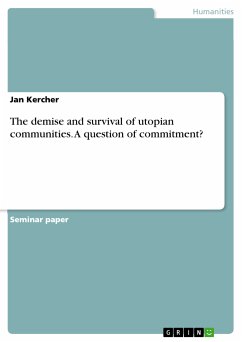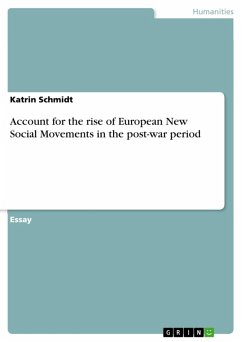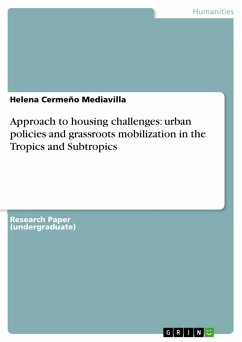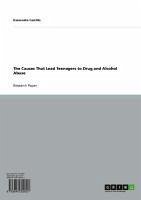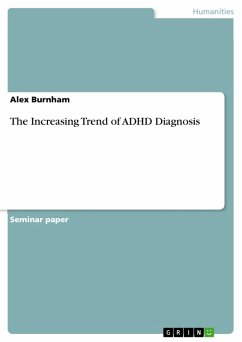Seminar paper from the year 2011 in the subject Sociology - Individual, Groups, Society, grade: 1,0, European University Viadrina Frankfurt (Oder), course: Language and Identity, language: English, abstract: A typical native German is likely bound to grow up using her/his mother tongue which is inevitably about to frame her/his identity as a German as it probably is the case with a native U.S.-American having English as her/his mother tongue. So what about a common European identity? Can there possibly be one - and if so, how would it look like? If language plays such an important role in forming one's identity - which we will assume for now - how come there are people born in Europe who rather consider themselves European than (e.g.) German, French, Finnish or Slovakian, etc.? Furthermore, is there a so-called lingua franca existing in Europe - and what would it be? Also, would this lingua franca be necessary to further impel European integration, if not even help to unite the European countries and possibly create a European identity?
Dieser Download kann aus rechtlichen Gründen nur mit Rechnungsadresse in A, B, BG, CY, CZ, D, DK, EW, E, FIN, F, GR, HR, H, IRL, I, LT, L, LR, M, NL, PL, P, R, S, SLO, SK ausgeliefert werden.



